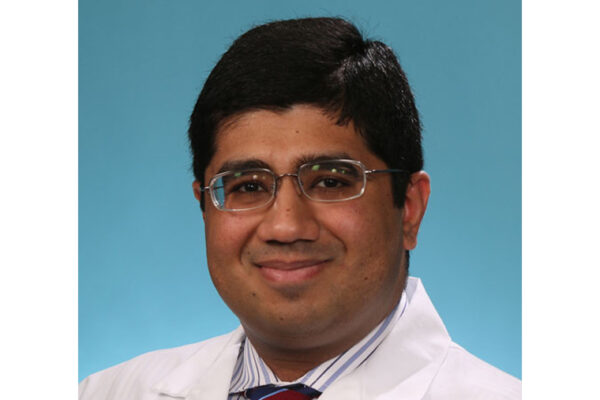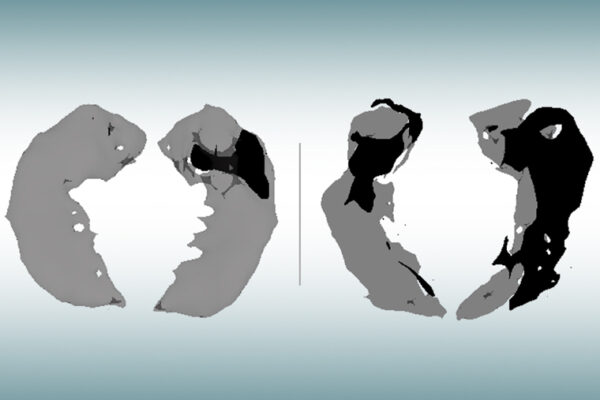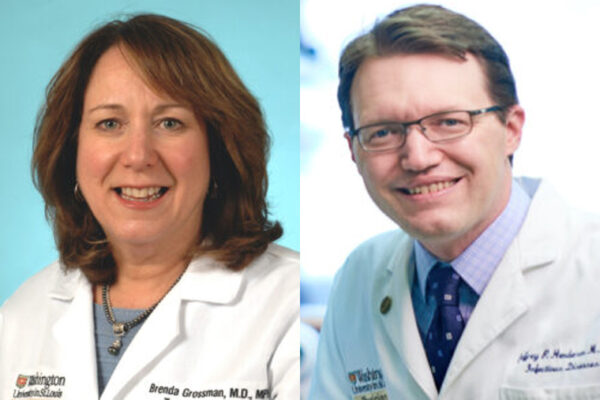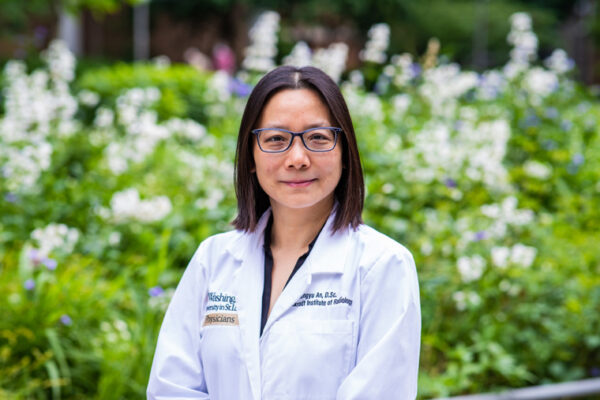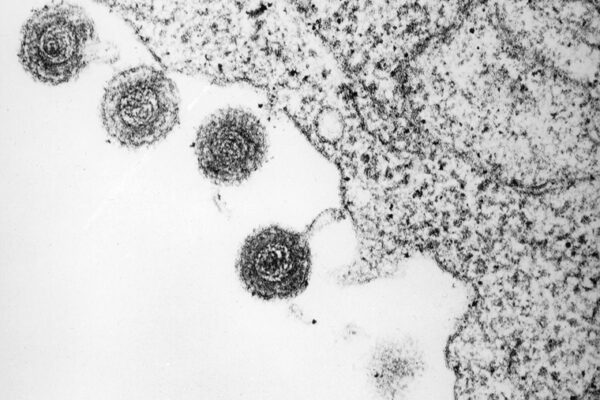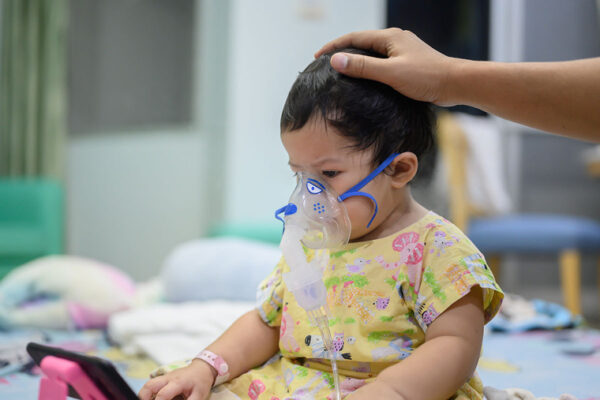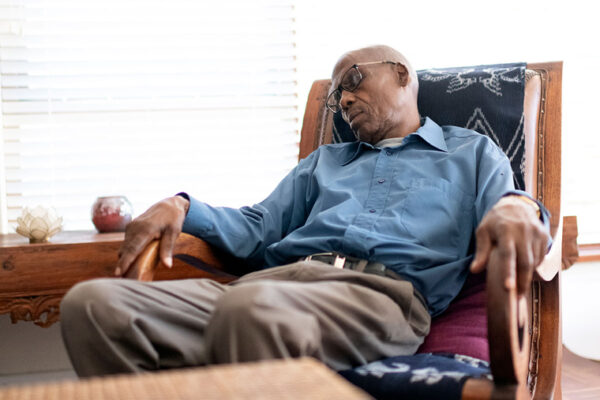Kulkarni recognized for immune system research
Hrishikesh S. Kulkarni, MD, an assistant professor of medicine and of molecular microbiology at the School of Medicine, has received the Early Career Award from the International Complement Society. The complement system is an important component of immunity.
Semenkovich to study vascular diseases
Clay F. Semenkovich, MD, at the School of Medicine, received a four-year $1.53 million grant from the National Heart, Lung and Blood Institute of the National Institutes of Health (NIH) for vascular disease research.
Damage early in Alzheimer’s disease ID’d via novel MRI approach
New research from Washington University School of Medicine shows that this novel MRI approach can identify brain cell damage in people at early stages of Alzheimer’s, before tissue shrinkage is visible on traditional MRI scans.
Grossman, Henderson honored by international blood association
The Association for the Advancement of Blood & Biotherapies recently honored Brenda J. Grossman, MD, and Jeffrey P. Henderson, MD, noted researchers at Washington University School of Medicine, with a 2021 President’s Award for their work as part of the COVID-19 Convalescent Plasma Project Group.
Risk of schizophrenia assessed with new screening tool
Researchers at Washington University School of Medicine and colleagues in Kenya have shown that a screening tool developed at the university can help predict in about 5 minutes whether young people are at high risk and may go on to develop schizophrenia.
An to lead Biomedical MR Center
Hongyu An, professor of radiology at the School of Medicine, is the new chief of the Biomedical Magnetic Resonance Lab (BMRL) in the Division of Radiological Sciences.
New way viruses trigger autoimmunity discovered
Studying mice, Washington University School of Medicine researchers have discovered that roseolovirus can trigger autoimmunity in a previously unknown way: by disrupting the process by which immune cells learn to avoid targeting their own body’s cells and tissues.
Antibiotic doesn’t prevent future wheezing in babies hospitalized with RSV
Antibiotics provide no benefit in preventing future recurrent wheezing in babies hospitalized with respiratory syncytial virus (RSV), according to a new study led by Washington University School of Medicine researchers.
Does improving sleep reduce signs of early Alzheimer’s disease?
School of Medicine researchers are launching a phase 2 clinical trial to study whether using medication to treat sleep problems in older adults can reduce signs of early Alzheimer’s disease.
Michael J. Noetzel, professor of neurology, 70
Michael J. Noetzel, MD, a leading pediatric stroke researcher at Washington University School of Medicine, died of heart failure Feb. 20 at Barnes-Jewish Hospital. He was 70.
View More Stories
